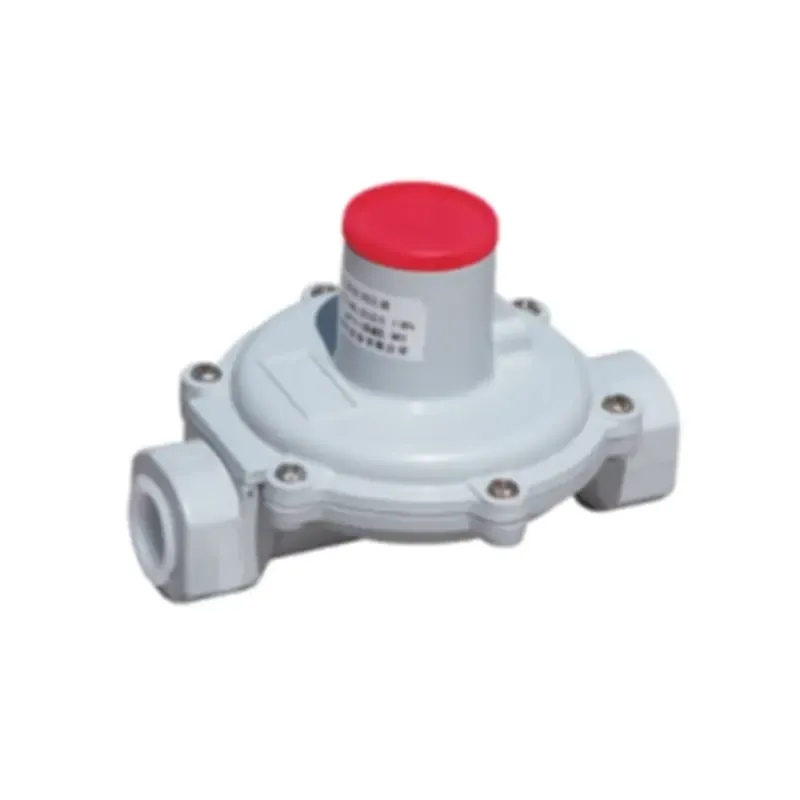
Nov . 24, 2024 11:38
Back to list
filtration
Understanding Filtration A Vital Process in Our Lives
Filtration is an essential process that plays a crucial role in a variety of fields, from environmental science to medicine. It is the method of separating solids from liquids or gases by allowing the fluid to pass through a medium that retains the solid particles. The applications of filtration are vast, impacting water purification, air quality improvement, pharmaceutical manufacturing, and even food production. In this article, we will explore the different types of filtration, its importance in everyday life, and the technological advancements that have improved filtration systems.
Types of Filtration
Filtration can be classified based on several criteria, including the nature of the filter medium, the materials being filtered, and the application area. The most common types of filtration are
1. Mechanical Filtration This method uses physical barriers to remove particles from a fluid. It can include filters made from paper, cloth, or specialized membranes. Mechanical filtration is widely used in water treatment facilities to remove sediment and other particulates.
2. Biological Filtration In this type, living organisms, such as bacteria, play a role in breaking down contaminants. This method is commonly used in aquariums and hydroponics systems, where beneficial bacteria help maintain water quality by decomposing organic waste.
3. Chemical Filtration This method involves the use of chemical reactions to remove contaminants. Activated carbon filters are a prime example, as they adsorb impurities in water and air, improving taste and odor. Chemical filtration is prevalent in both household water purification systems and industrial applications.
4. Membrane Filtration This advanced technique uses semi-permeable membranes to separate particles at a molecular level. Techniques such as reverse osmosis (RO) and ultrafiltration (UF) are commonly used to desalinate seawater and in various industrial processes.
Importance of Filtration
filtration

The significance of filtration cannot be overstated; it profoundly affects public health, safety, and the environment. Clean drinking water is fundamental for human life, and filtration systems are at the forefront of ensuring its availability. Waterborne diseases remain a critical global health issue, especially in developing countries. By employing effective filtration methods, communities can drastically reduce the incidence of these diseases.
In addition to water purification, air filtration systems are vital in controlling indoor air quality. They capture pollutants, allergens, and harmful particles, contributing to healthier living and working environments. High-efficiency particulate air (HEPA) filters, for instance, are commonly used in homes, hospitals, and industrial locations to remove airborne contaminants.
Filtration also plays a significant role in food safety. Many food processing industries utilize filtration to remove impurities and ensure product quality. For example, in brewing and dairy production, filtration is essential in achieving the desired clarity and stability of products.
Technological Advancements
As technology progresses, so does the field of filtration. Innovations such as nanotechnology and advanced materials have led to the creation of more efficient filters capable of removing smaller particles and a broader range of contaminants. For instance, nanofiltration membranes can separate particles in a size range not previously achievable, making them suitable for applications in water treatment and food processing.
Moreover, smart filtration systems equipped with sensors are emerging. These systems can monitor water quality in real-time, adjusting filtration protocols based on detected contaminants. This not only enhances efficiency but also saves resources and reduces waste.
Conclusion
Filtration is an indispensable process that influences various aspects of our daily lives. From ensuring the water we drink is safe to breathe clean air and consume uncontaminated food, filtration systems offer solutions that promote health and safety. As technology continues to advance, the potential for more efficient and effective filtration methods grows, enabling us to tackle new challenges in water treatment, environmental protection, and public health. Embracing these innovations will be crucial as we work towards a cleaner, safer, and healthier future for all.
Next:
Latest news
-
Safety Valve Spring-Loaded Design Overpressure ProtectionNewsJul.25,2025
-
Precision Voltage Regulator AC5 Accuracy Grade PerformanceNewsJul.25,2025
-
Natural Gas Pressure Regulating Skid Industrial Pipeline ApplicationsNewsJul.25,2025
-
Natural Gas Filter Stainless Steel Mesh Element DesignNewsJul.25,2025
-
Gas Pressure Regulator Valve Direct-Acting Spring-Loaded DesignNewsJul.25,2025
-
Decompression Equipment Multi-Stage Heat Exchange System DesignNewsJul.25,2025

